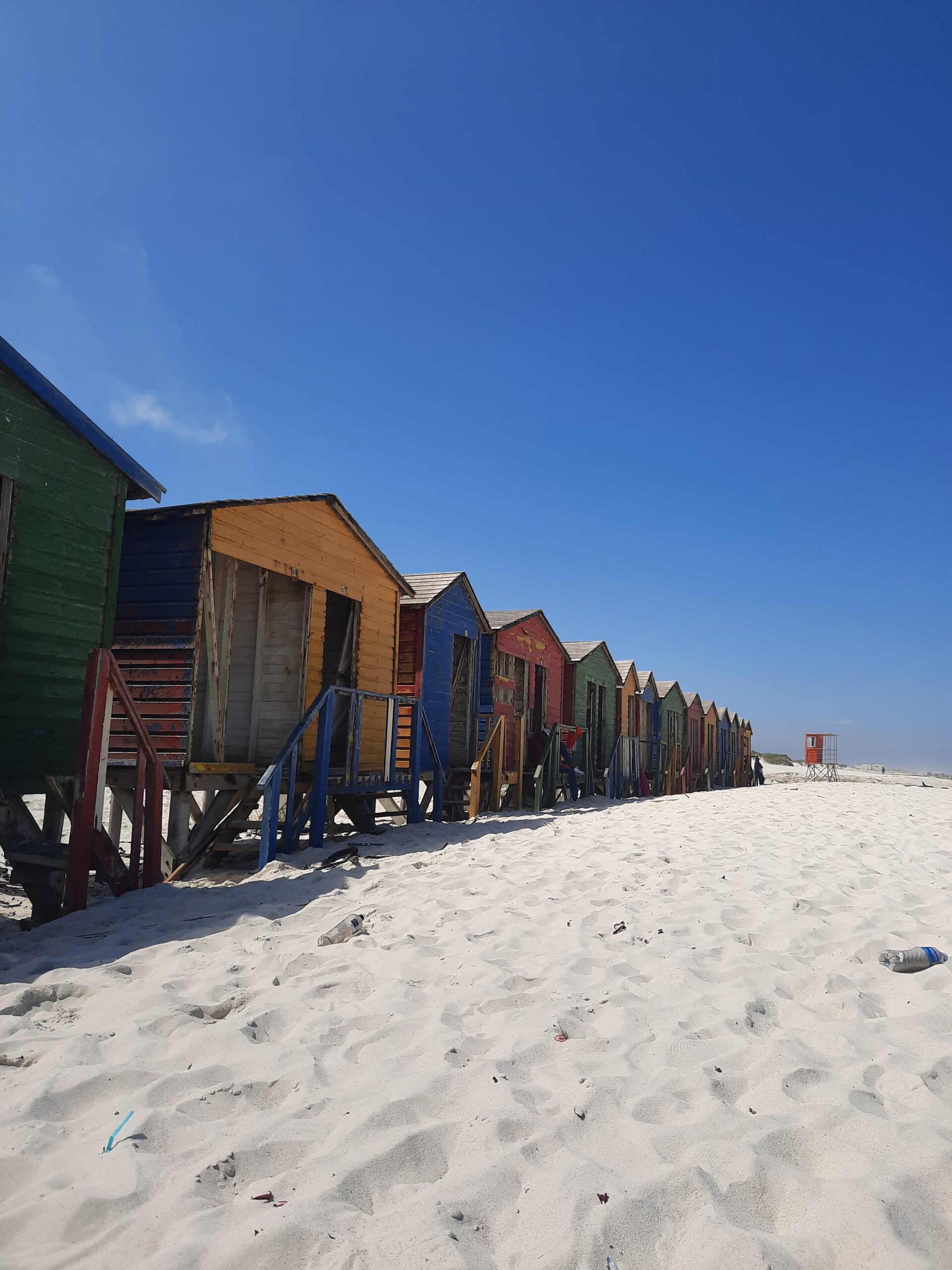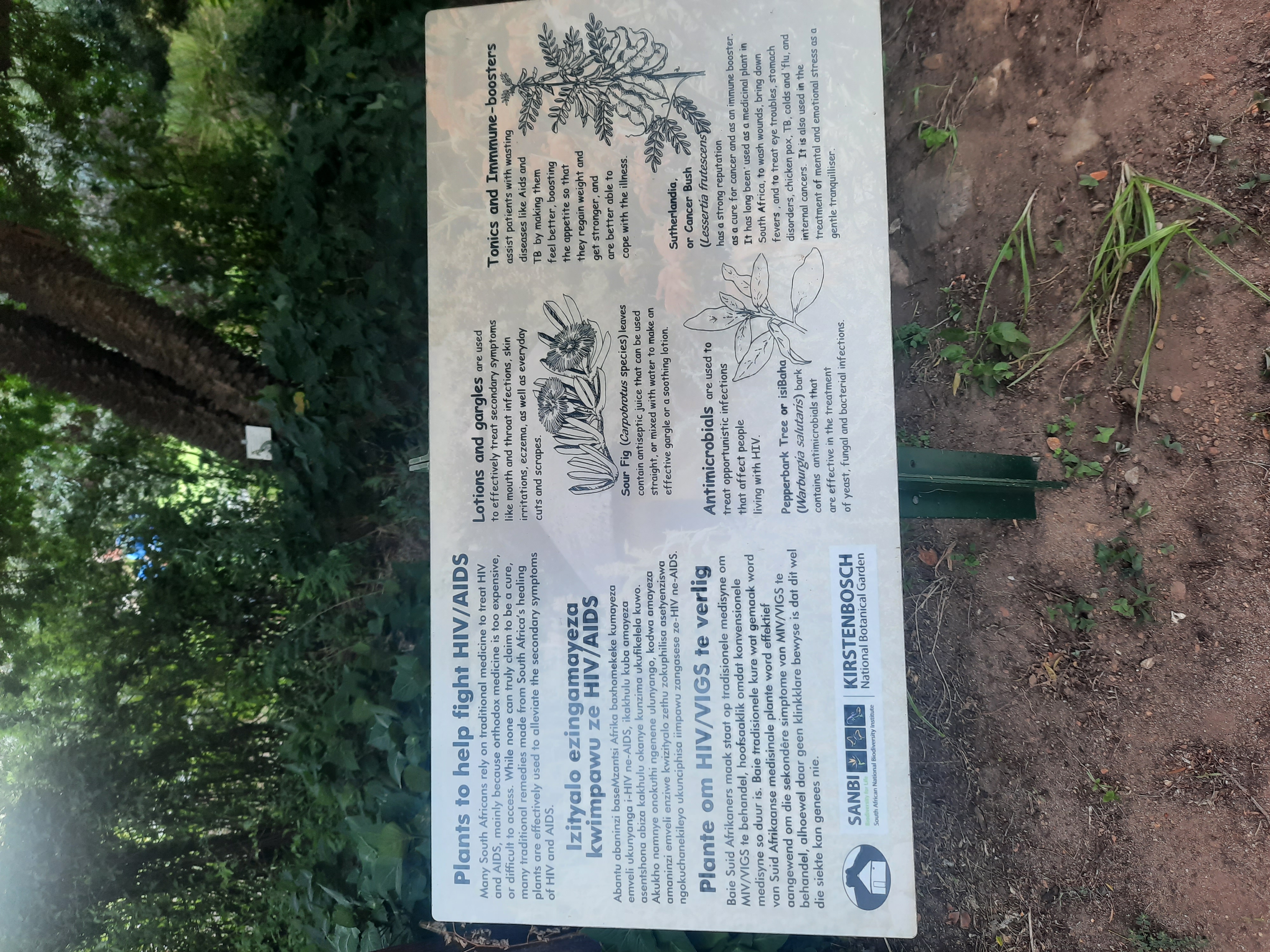
Leading with Vulnerability and Resolution
Week 7 – South Africa | Within the span of a week and a half, I have cried a whopping number of three times in front of my cohort. Each time I cried was a moment of challenging vulnerability where I was overwhelmed with emotions that flowed into tears. The reasons why I felt compelled to cry freely was to provide a leading example of what destigmatizing the act of crying looks like, to express my emotions how my body naturally conveys them, and to work toward breaking my habit of stopping myself from crying to not be perceived as a weak person. What prompted my crying were important matters that I hold with high value: having more time to intentionally debrief on experiences within my study abroad program, having more mechanisms in place to acknowledge and properly honor the different lived experiences of students of color and Black students while abroad, my desire to leave behind my grudgeful and overly self-criticizing tendencies, and how the concept of death can be terrifying yet peaceful at the same time. Everyone around me was fully supportive and validating of my emotions and some even expressed gratitude to me since I found our community a safe space to be in tune with my emotions in their purest form. I have noticed people around me being more inclined to expressing how they feel after I speak genuinely, which motivates me to keep doing so even with negative emotions that are usually not explicitly encouraged during study abroad experiences since they can “kill the vibe.” I have been taking leadership throughout these past few weeks in other ways, including by being decisive in group settings to create, execute, and accomplish plans. My leadership skills came in handy yesterday when some of my friends and I went to the Kirstenbosch National Botanical Garden and there was much to see in a short time span. I encouraged everyone to pick the places they wanted to go to most for our first time at the garden. We ended up going to a “Useful Plants” section, which includes ones that South Africans have used to treat HIV/AIDS due to the inaccessibility of biomedical medicine and care for most of the non-white population. The garden was an incredibly informative and restorative site for our group. Connection to nature is vital to health and should be accessible to everyone. Alongside the mountains that the garden was situated upon, the beach is another one of my favorite places to go to. Last Sunday, I went with two other friends to the Muizenberg market and beach where we saw iconic and historical beach huts that are used by beach goers to change their clothes and store items. Built and physical environments can work together to maximize human connection to natural settings without disrupting entire ecosystems that results in irreversible ecological harm. My experiences in the outdoor world of South Africa have shown me the beautiful and the injustice of society here. I aspire to balance my exposure to both the more pleasant and socially important offerings and issues in this unfamiliar city for my mental health and social impact.

